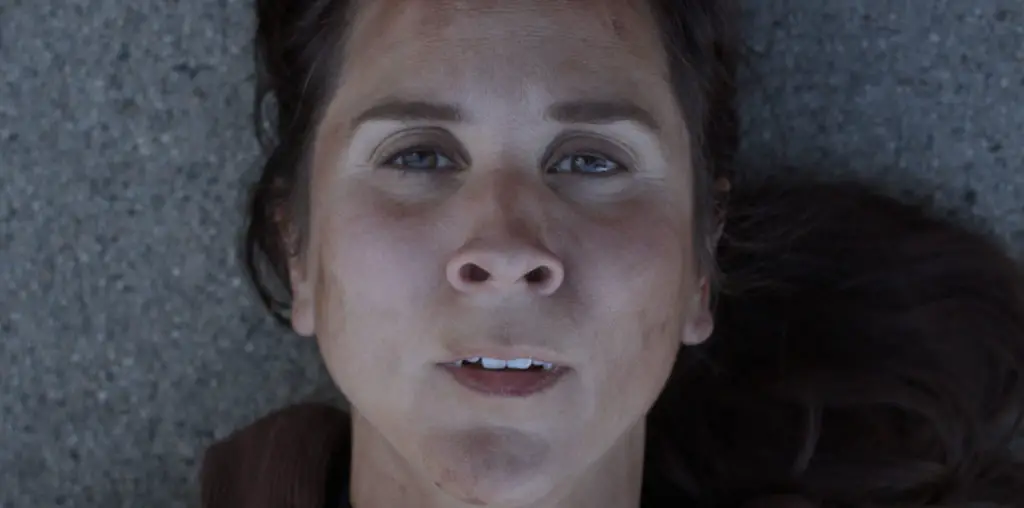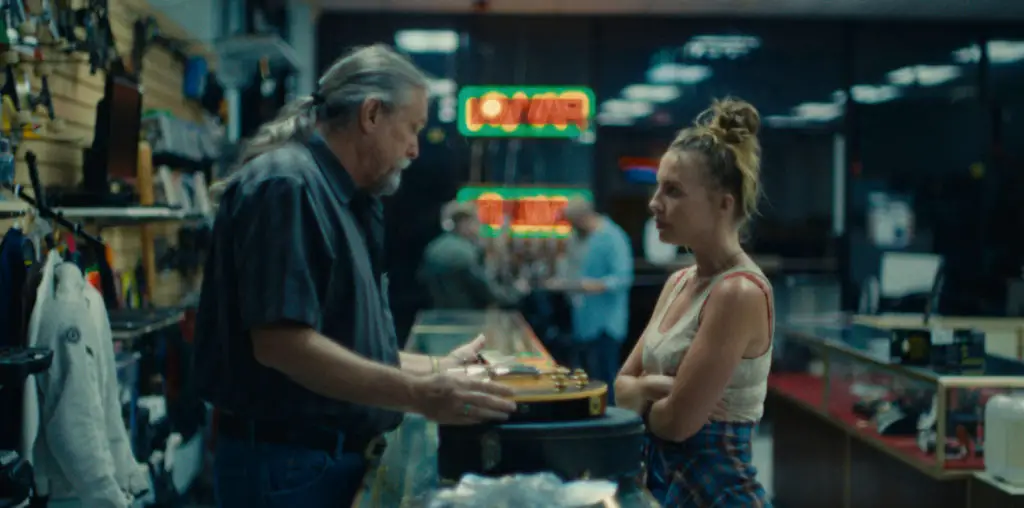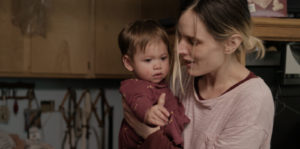
In addition to her addiction and recovery, Erin must reckon with the tragedies of life. But since she experiences such profound loss and grief in close intervals, the film feels overstuffed. The addition of Jack (Ben Chaverin) and the sudden passing of a loved one are undercooked developments. However, Drescher’s performance strengthens every emotional hurdle.
Revealing dialogue does clue audiences in on Erin’s relationships with her mother, grandma, and longtime friend Lauren (Stefanie Stevens). For most of State of Grace, Lauren is only ever referenced as bad news but is never seen. There’s palpable tension before and after Lauren shows up. But, more importantly, Erin’s relationship with Nancy (Charla Bocchicchio) is most affecting. Bocchicchio gives it her all as the addict’s former teacher, a wonderful character who’s learned from past experiences and now chooses to have great compassion and patience for others.
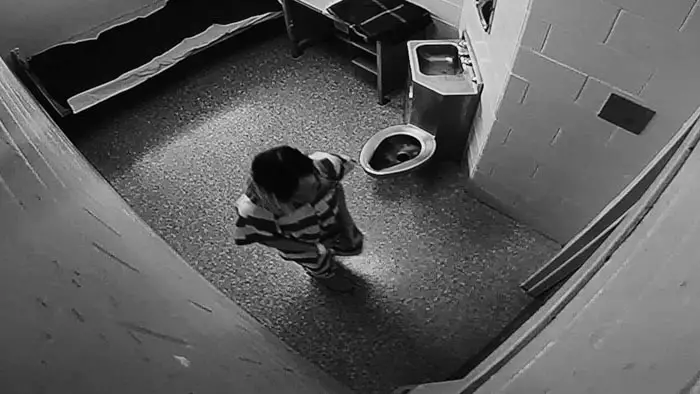
“…a heartbreaking drama, yet hope and love prevail…”
Visually and structurally, the film works. There’s a memorable montage of Erin recovering which is timed nicely with the country tune. For a drama that moves between suburban and recreational spaces, the movie is well-shot and has a good pace. In one notable shot, the camera pulls back as Nancy holds and embraces Erin in an abandoned building, completely fortifying their bond in this heartfelt moment.
State of Grace is a heartbreaking drama, yet hope and love prevail throughout. Emotions run high in this story of change, love, and community. The filmmakers raise questions about a mother’s love and a parent’s duty to their child while charting the possibility for self-improvement. With strong performances and an emotionally satisfying conclusion, Stephen and Mary Pruitt’s drama will compel you to consider the ways in which we can stand up to addiction and encourage recovery.
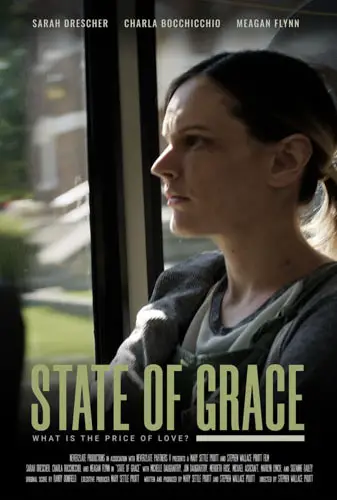
"…will compel you to consider the ways in which we can stand up to addiction..."
